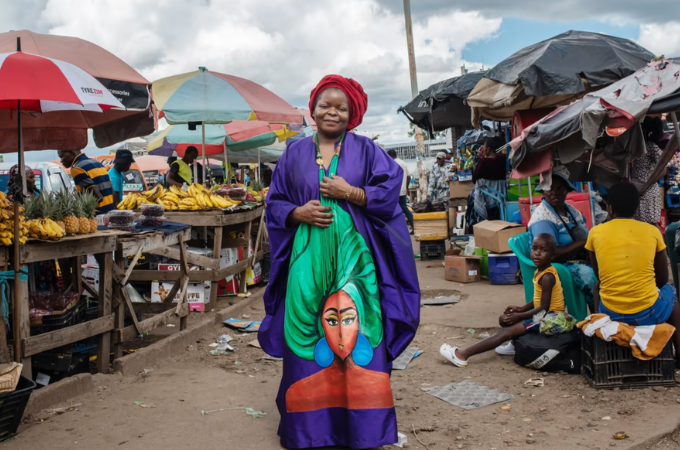
Zimbabwean author Petina Gappah recently posted a Financial Times essay titled “‘We are daring to invent the future’ — the generation that rewrote Africa’s story” and it blew up on social media. Readers were touched by the sweet friendships Gappah talks about in her essay which helped sustain her own creativity as well as put out a new perspective on Africa to the world.
Here are three things we learned from Gappah’s reflections on her writerly friendships:
The Importance of Digital Writing Communities
When Gappah first became serious about her writing, she decided to join Zoetrope, an online writing community where Chimamanda Adichie and Binyavanga Wainaina had met as well. Joining Zoetrope led to the beginning of many writerly friendships.
She adds, “It is there that I met Molara Wood and Muthoni Garland, a writer from Kenya. We read and workshopped each other’s writing.”
Finding Your Tribe Helps You Grow in More Ways than One
Gappah’s digital friendships continued into real life, and led to a chain reaction of more friendships:
Molara knew Chimamanda, and through Molara I became acquainted with Teju Cole. When I read his column in the Nigerian newspaper NEXT, Letters to a Young Writer, it felt as if he was writing to me, egging me on. Muthoni was also friends with Binyavanga. I became obsessed with a blog called African Bullets & Honey by Martin Mbugua Kimani, now Kenya’s permanent representative at the UN. I started a blog called The World According to Gappah and Martin and I established a mutual admiration society. He invited me to a literary festival in Lamu, Kenya. It was here that I at last met Binyavanga, who generously included me in a circle of writers — among them Parselelo Kantai, Martin Kimani, David Kaiza, Billy Kahora, Jackie Lebo and Yvonne Adhiambo Owuor. To close off the circle, Binyavanga’s best friend was Chimamanda, whom I would call on Molara’s phone a few months later.
At the time, Gappah was an emerging writer and working on both a novel and a story collection. Although she had won a couple of prizes and published sporadically here and there, she was just starting to build her career.
Gappah adds, “I was a mess of ideas and insecurity, gut-wrenching fear and ambition.” However, this group of friends became Gappah’s tribe. They helped shape Gappah’s ambitions as a writer and sustain her creativity.
Pursuing Goals as a Collective Can Create Momentous Change
Most importantly, Gappah and her tribe of friends all believed in the same goals. They wanted to invent the future and transform the stories told about Africa:
We are young, gifted and African. We vow to decolonise publishing. We are enraged by what we see as outsiders, and especially western outsiders, centring themselves in the story of our continent. Our mission is to change how Africa is viewed . . . The Senegalese film-maker Ousmane Sembène once said of his films: “Africa is my audience, the west and the rest are markets.” This is the spirit that drives us.
Although these writers wanted to share their stories with audiences at home in Africa, they recognized that power lies in the traditional centers of publishing — New York, London, Frankfurt, Stockholm, Paris. Gappah’s conversations with her writer friends were filled with ambition, talent, and ideas. She says they were “touched with fire” as they contemplated these industry-shifting changes.
As Gappah and the group grappled with the question of who gets to decide what African writing is, they talked about building their own canon, starting their own initiatives, creating their own publishing companies and literary festivals. As a group, they constantly motivated each other to pursue these larger goals:
We read each other’s work and push each other on. Chimamanda has taken on the weighty subject of Biafra. Yvonne is writing a massive book in which the Indian Ocean is a character. Parselelo wants to write a biography of Tom Mboya. Jackie Lebo is obsessed with what makes the successful runners from Kenya stand out. Binyavanga is taking on everything. The synergies are electric.
Gappah’s essay is inspiring and we hope everyone takes the chance to create and maintain powerful and life-changing friendships like these in their lives.
Read the full essay here.



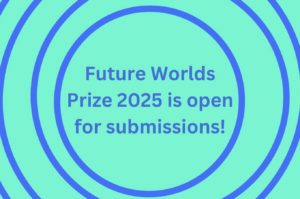
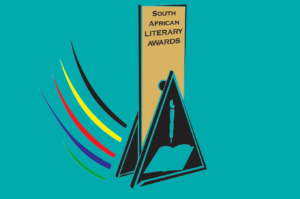
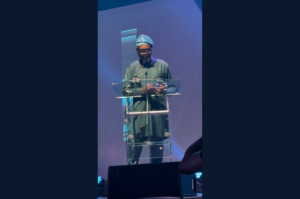

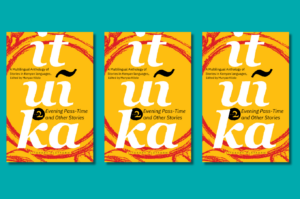

COMMENTS -
Reader Interactions